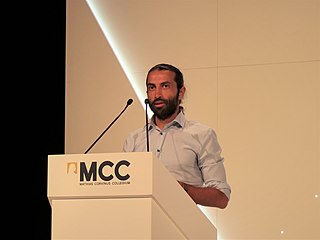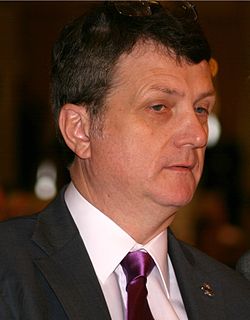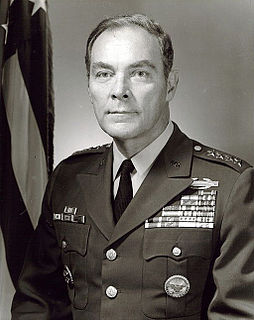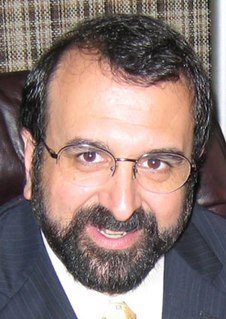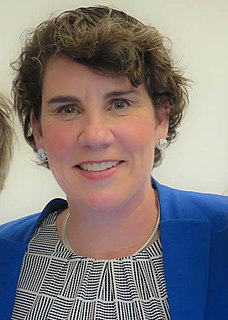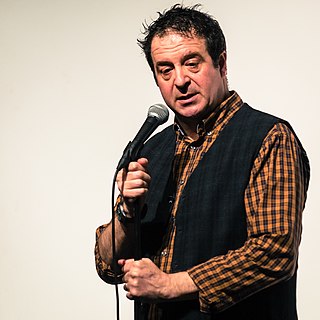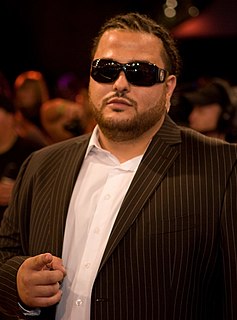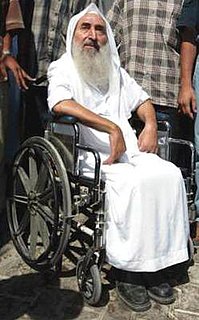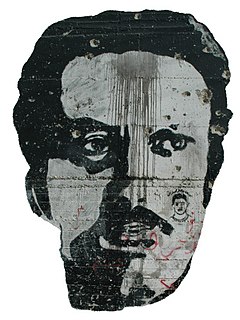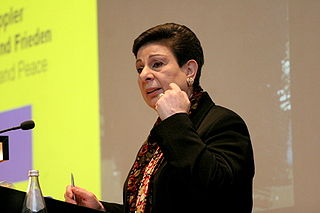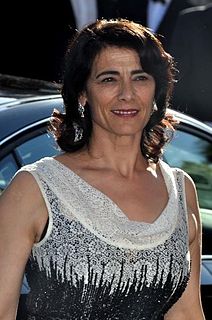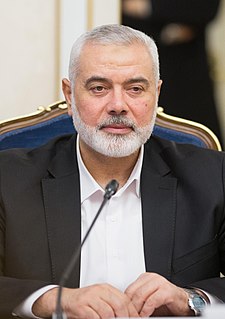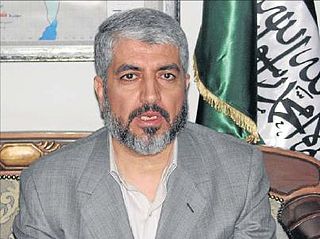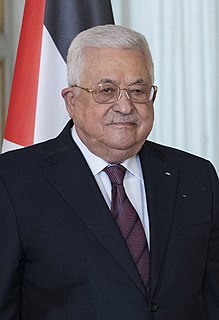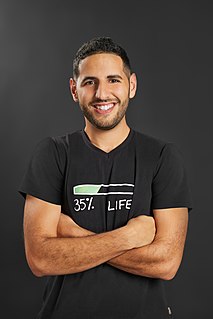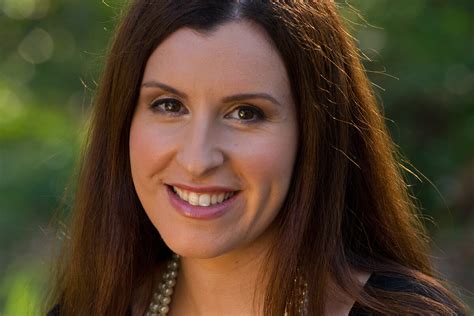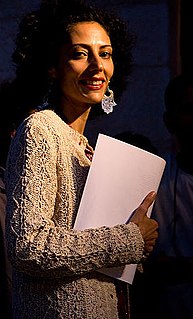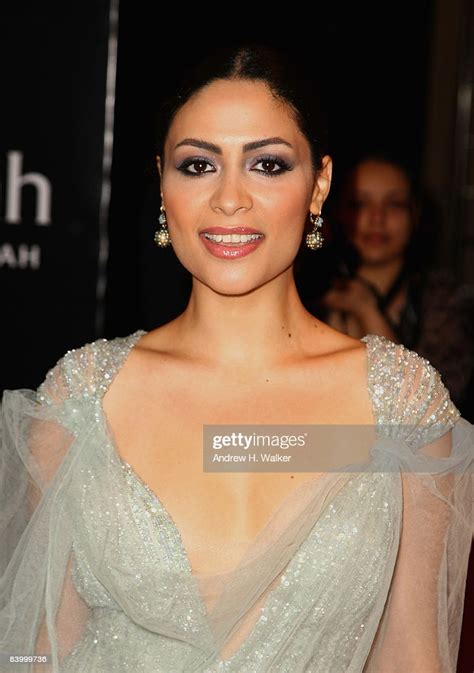A Quote by Mosab Hassan Yousef
Traditional Muslims stand at the foot of the ladder, living in guilt for not really practicing Islam. At the top are fundamentalists, the ones you see in the news killing women and children for the glory of the god of the Qur'an. Moderates are somewhere in between. A moderate Muslim is actually more dangerous than a fundamentalist, however, because he appears to be harmless, and you can never tell when he has taken that next step toward the top. Most suicide bombers began as moderates.
Quote Topics
Actually
Appears
Because
Began
Between
Bombers
Children
Dangerous
Foot
Fundamentalist
Glory
God
Guilt
Harmless
However
Islam
Killing
Ladder
Living
Moderate
Moderates
More
Most
Muslim
Muslims
Never
News
Next
Next Step
Practicing
Really
See
Somewhere
Stand
Step
Suicide
Suicide Bombers
Taken
Tell
Than
Top
Toward
Traditional
Women
Women And Children
Related Quotes
Many of Islam's apologists insist that suicide bombing is not Islamic because the Koran forbids suicide. Mmm-hmm. So where are all the Muslims gathering in mass demonstrations to vehemently condemn this practice that slanders their religion? Why does contemporary Islam promote 'martyrdom' as the highest duty of Muslims? Why are photographs of suicide bombers plastered everywhere in Beirut? Because Islam is what Islam does.
There are moderates in Israel. There are moderates in Iran, there are moderates in the Republican Party, moderates in the Democratic Party. What we need to do is we need link all of these moderates together and to figure out a way by which this particular coalition can speak to important issues to marginalize the voice of the extremists.
The religiously observant is lumped in with the nominal Muslim, the nominal Muslim is lumped in with the non-Muslim and the radical. If we want to make sense of this mess and stop pushing Muslims into the arms of the extremist, we need to make meaningful distinctions between the religion of Islam that a billion Muslims follow and see as a guidance as a peaceful righteous moral life and the puritanical Islam of a minority which so captures the media's attention.
One thing that I feel very, very strongly is that we talk about Islamic countries, Islamic people, Islamic leaders, as either moderates or extremists. It's almost like there are only two categories of Muslims. And actually, that doesn't show respect. It shows lack of understanding of the diversity of Muslim thought.
